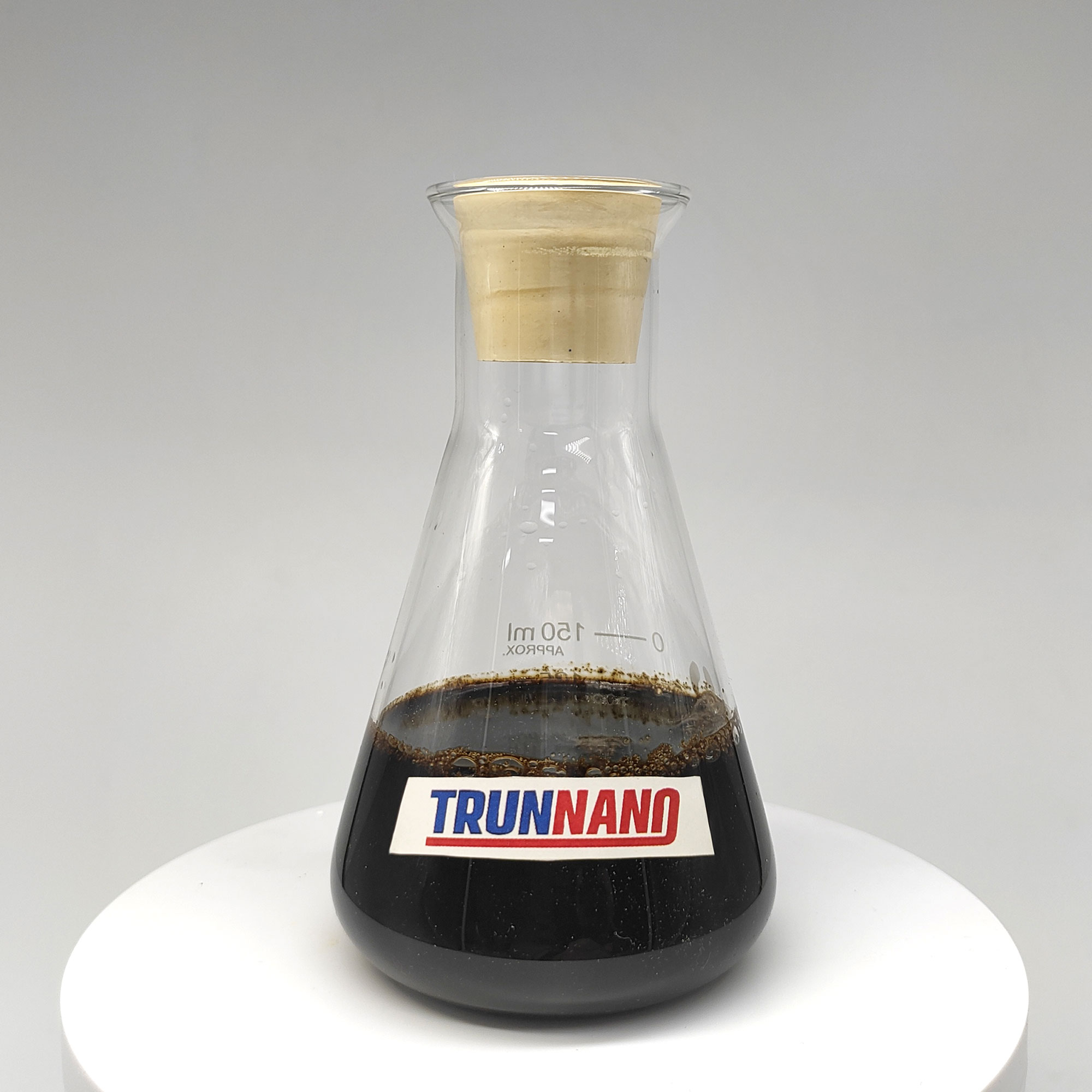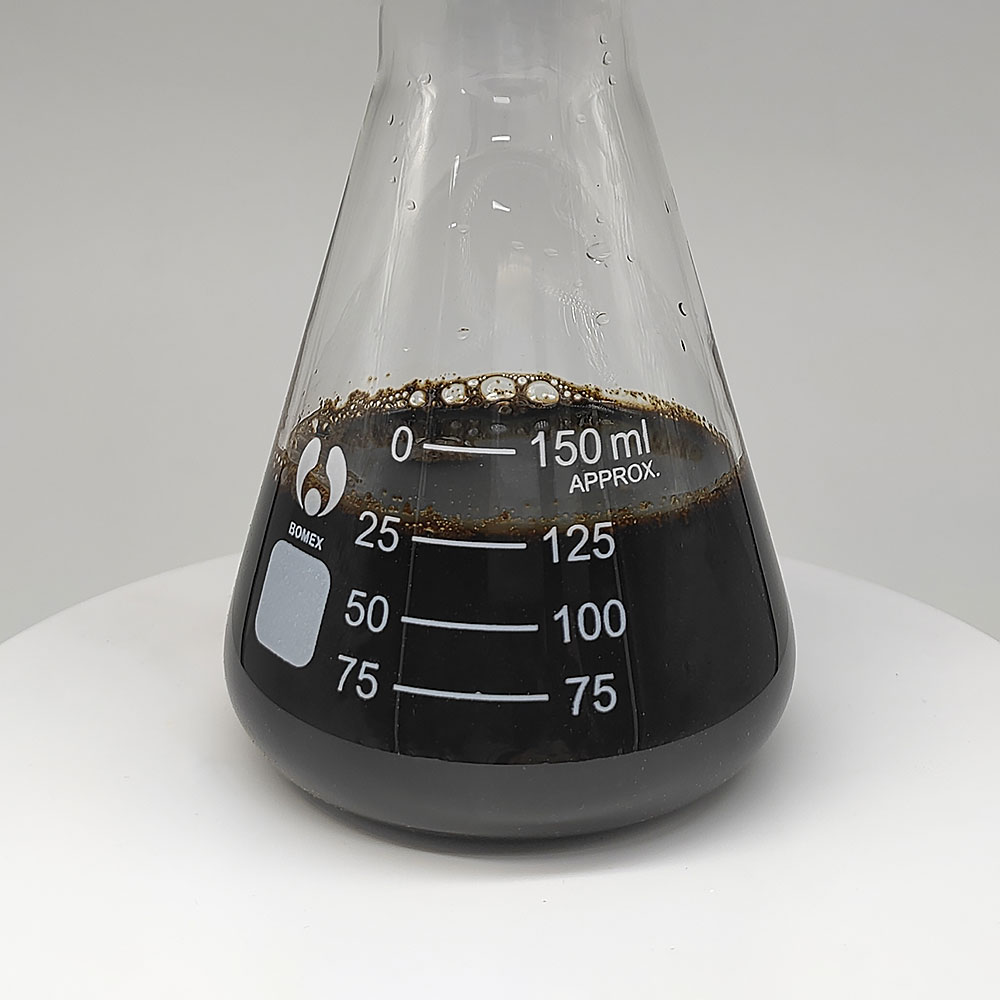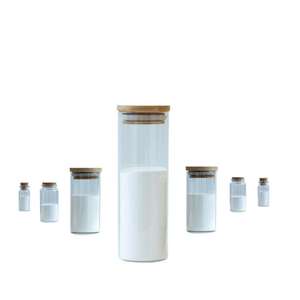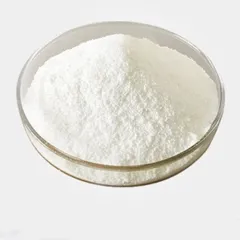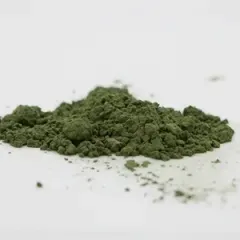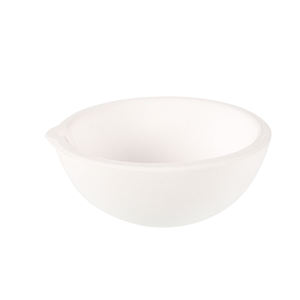1. Basic Duties and Functional Goals in Concrete Technology
1.1 The Function and Mechanism of Concrete Foaming Professionals
(Concrete foaming agent)
Concrete frothing agents are specialized chemical admixtures developed to intentionally introduce and maintain a controlled quantity of air bubbles within the fresh concrete matrix.
These agents work by lowering the surface stress of the mixing water, allowing the formation of penalty, consistently dispersed air voids throughout mechanical agitation or mixing.
The primary objective is to produce mobile concrete or lightweight concrete, where the entrained air bubbles significantly decrease the overall thickness of the hard product while maintaining appropriate structural stability.
Foaming representatives are commonly based upon protein-derived surfactants (such as hydrolyzed keratin from pet results) or synthetic surfactants (consisting of alkyl sulfonates, ethoxylated alcohols, or fatty acid derivatives), each offering distinctive bubble stability and foam framework qualities.
The created foam has to be steady enough to make it through the mixing, pumping, and initial setting stages without too much coalescence or collapse, making certain a homogeneous mobile framework in the end product.
This crafted porosity boosts thermal insulation, minimizes dead lots, and boosts fire resistance, making foamed concrete perfect for applications such as shielding floor screeds, gap filling, and premade lightweight panels.
1.2 The Purpose and Mechanism of Concrete Defoamers
In contrast, concrete defoamers (likewise referred to as anti-foaming representatives) are created to remove or reduce unwanted entrapped air within the concrete mix.
During mixing, transportation, and positioning, air can end up being unintentionally entrapped in the cement paste because of frustration, specifically in highly fluid or self-consolidating concrete (SCC) systems with high superplasticizer content.
These allured air bubbles are commonly irregular in dimension, badly dispersed, and detrimental to the mechanical and aesthetic homes of the hardened concrete.
Defoamers function by destabilizing air bubbles at the air-liquid interface, advertising coalescence and rupture of the slim fluid movies bordering the bubbles.
( Concrete foaming agent)
They are frequently made up of insoluble oils (such as mineral or veggie oils), siloxane-based polymers (e.g., polydimethylsiloxane), or solid bits like hydrophobic silica, which penetrate the bubble movie and accelerate drainage and collapse.
By minimizing air material– generally from troublesome degrees above 5% down to 1– 2%– defoamers enhance compressive strength, boost surface area coating, and boost longevity by minimizing leaks in the structure and prospective freeze-thaw susceptability.
2. Chemical Composition and Interfacial Behavior
2.1 Molecular Design of Foaming Brokers
The efficiency of a concrete foaming agent is very closely connected to its molecular structure and interfacial activity.
Protein-based frothing representatives rely upon long-chain polypeptides that unravel at the air-water user interface, developing viscoelastic films that resist tear and provide mechanical strength to the bubble walls.
These all-natural surfactants generate relatively huge however steady bubbles with excellent perseverance, making them ideal for architectural light-weight concrete.
Artificial frothing agents, on the various other hand, deal higher consistency and are much less conscious variations in water chemistry or temperature level.
They form smaller sized, extra uniform bubbles as a result of their lower surface stress and faster adsorption kinetics, leading to finer pore structures and enhanced thermal efficiency.
The important micelle concentration (CMC) and hydrophilic-lipophilic equilibrium (HLB) of the surfactant establish its performance in foam generation and security under shear and cementitious alkalinity.
2.2 Molecular Style of Defoamers
Defoamers operate through a fundamentally different system, relying on immiscibility and interfacial incompatibility.
Silicone-based defoamers, particularly polydimethylsiloxane (PDMS), are highly reliable as a result of their very low surface tension (~ 20– 25 mN/m), which enables them to spread out swiftly across the surface of air bubbles.
When a defoamer droplet calls a bubble movie, it develops a “bridge” between the two surfaces of the movie, generating dewetting and rupture.
Oil-based defoamers function similarly but are much less reliable in highly fluid mixes where rapid diffusion can weaken their activity.
Crossbreed defoamers incorporating hydrophobic bits boost performance by giving nucleation sites for bubble coalescence.
Unlike lathering representatives, defoamers must be moderately soluble to continue to be energetic at the user interface without being integrated into micelles or liquified right into the mass stage.
3. Impact on Fresh and Hardened Concrete Residence
3.1 Impact of Foaming Brokers on Concrete Performance
The purposeful introduction of air through lathering representatives changes the physical nature of concrete, changing it from a dense composite to a porous, light-weight material.
Density can be minimized from a typical 2400 kg/m six to as reduced as 400– 800 kg/m FIVE, depending upon foam quantity and security.
This decrease directly correlates with lower thermal conductivity, making foamed concrete a reliable shielding material with U-values suitable for developing envelopes.
Nevertheless, the increased porosity also leads to a decrease in compressive toughness, necessitating cautious dosage control and commonly the incorporation of auxiliary cementitious products (SCMs) like fly ash or silica fume to improve pore wall surface toughness.
Workability is normally high due to the lubricating impact of bubbles, however segregation can happen if foam stability is insufficient.
3.2 Impact of Defoamers on Concrete Efficiency
Defoamers boost the top quality of traditional and high-performance concrete by getting rid of issues triggered by entrapped air.
Excessive air spaces work as stress and anxiety concentrators and minimize the reliable load-bearing cross-section, bring about lower compressive and flexural toughness.
By minimizing these spaces, defoamers can increase compressive stamina by 10– 20%, especially in high-strength mixes where every quantity percentage of air issues.
They likewise enhance surface quality by preventing pitting, pest holes, and honeycombing, which is essential in building concrete and form-facing applications.
In impermeable frameworks such as water storage tanks or cellars, minimized porosity enhances resistance to chloride ingress and carbonation, expanding life span.
4. Application Contexts and Compatibility Factors To Consider
4.1 Normal Usage Cases for Foaming Brokers
Lathering representatives are important in the production of mobile concrete made use of in thermal insulation layers, roof covering decks, and precast lightweight blocks.
They are likewise used in geotechnical applications such as trench backfilling and gap stabilization, where reduced thickness avoids overloading of underlying dirts.
In fire-rated settings up, the protecting properties of foamed concrete offer passive fire protection for architectural aspects.
The success of these applications depends upon exact foam generation tools, stable lathering agents, and correct blending treatments to make sure consistent air distribution.
4.2 Regular Use Instances for Defoamers
Defoamers are typically made use of in self-consolidating concrete (SCC), where high fluidity and superplasticizer content increase the danger of air entrapment.
They are also crucial in precast and building concrete, where surface coating is critical, and in undersea concrete positioning, where caught air can endanger bond and sturdiness.
Defoamers are commonly included tiny dosages (0.01– 0.1% by weight of cement) and have to work with various other admixtures, specifically polycarboxylate ethers (PCEs), to avoid unfavorable communications.
To conclude, concrete foaming agents and defoamers stand for 2 opposing yet equally essential methods in air monitoring within cementitious systems.
While lathering representatives purposely present air to achieve light-weight and insulating properties, defoamers get rid of unwanted air to improve stamina and surface area quality.
Recognizing their distinct chemistries, systems, and results makes it possible for designers and producers to maximize concrete performance for a variety of structural, useful, and aesthetic needs.
Distributor
Cabr-Concrete is a supplier of Concrete Admixture with over 12 years of experience in nano-building energy conservation and nanotechnology development. It accepts payment via Credit Card, T/T, West Union and Paypal. TRUNNANO will ship the goods to customers overseas through FedEx, DHL, by air, or by sea. If you are looking for high quality Concrete Admixture, please feel free to contact us and send an inquiry.
Tags: concrete foaming agent,concrete foaming agent price,foaming agent for concrete
All articles and pictures are from the Internet. If there are any copyright issues, please contact us in time to delete.
Inquiry us

